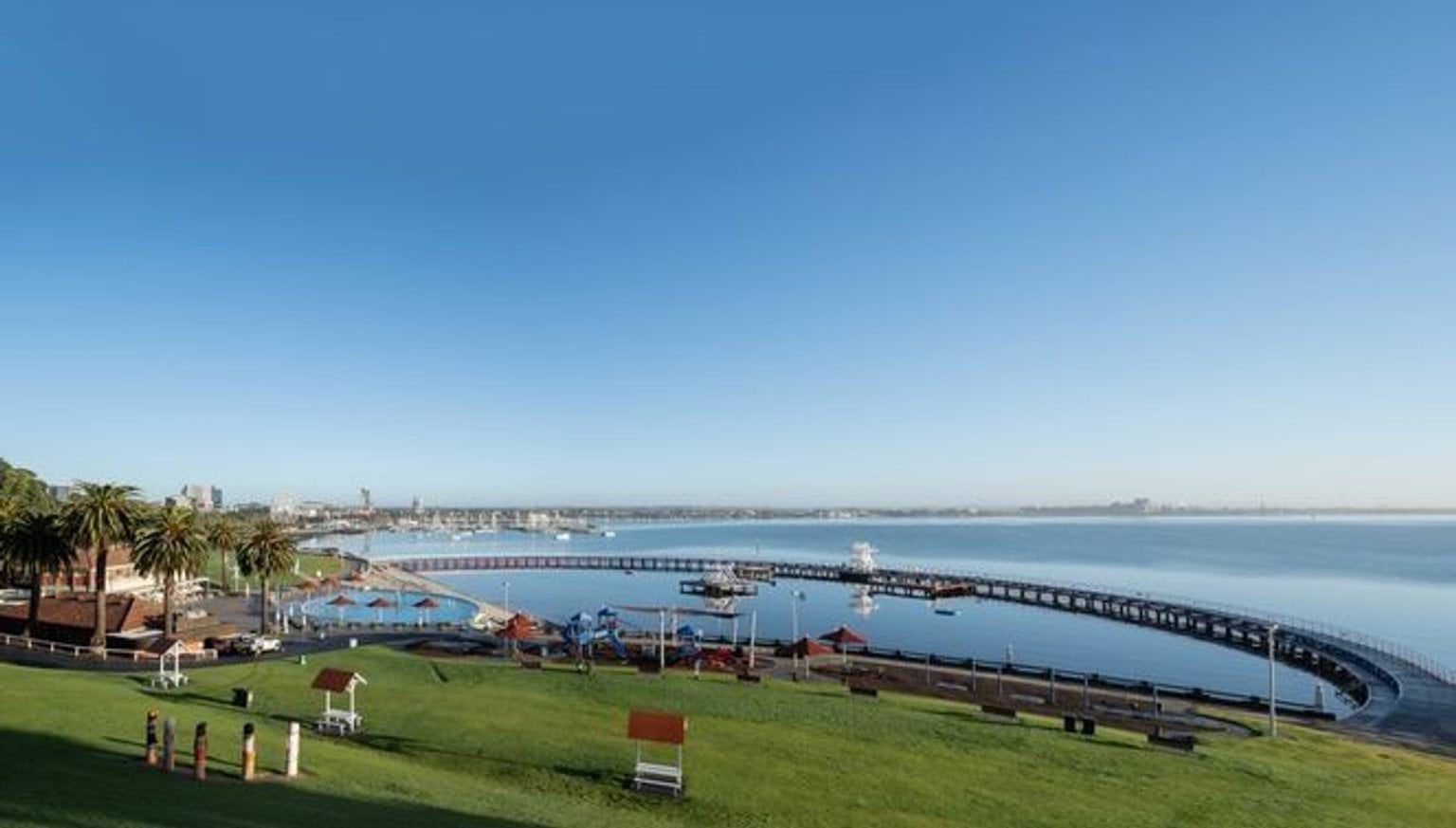- Published:
- Thursday 29 February 2024 at 4:46 pm

Council elections are coming up at the end of 2024 and the Victorian Government has set a target for women to make up 50% of councillors. In 2020, women made up 43.8% of all elected councillors across Victoria.
In Geelong, work to increase women’s council representation began 12 years ago. The council held a community forum on women in local government. It discussed 3 principles of the Victorian Local Government Women’s Charter:
- gender equity
- diversity
- active citizenship.
The forum led to forming Women in Local Democracy (WiLD).
City of Greater Geelong continues to work closely with WiLD to support more women and diverse candidates to stand. In fact, this is part of its Gender Equality Action Plan (GEAP), required under the Gender Equality Act.
Committing to action
The Commission found that only a third of councils have GEAP strategies for equal representation of councillors.
Even in Geelong, where this work has been long standing, it has still been a challenge.
Councils must be impartial, so some might have concerns about supporting one group of people over another. But councils should also strive to be representative of the communities they serve. GEAP strategies can boost diversity in the candidate pool. For City of Greater Geelong, this accountability is important.
Ali Wastie, CEO of City of Greater Geelong, says that addressing gender inequality requires systemic and structural reform.
'Local Government, in partnership with State and Federal Government, is best placed to do this work, Ali said.
'Local Government can put a gender equity lens on all its functions and services and provide leadership to the community.
Looking long term
Former Social & Cultural Policy Director at the Municipal Association of Victoria, Jenny Wills OAM is the convenor of WiLD.
Jenny says it’s important to raise awareness of the important contributions women can make as councillors.
‘One of the reasons we’ve been jointly hosting Meet the Women Leaders forums, with Council is to increase the profile of gender equality in the community,’ Jenny said.
‘And it means women can be aspire to be what they can see.’
WiLD’s 3-year strategy includes activities to engage with women well before they announce they will stand as candidates.
Getting young people involved is also important. The City of Greater Geelong’s youth council is providing a pipeline into YWiLD, a program promoting the ongoing participation and future leadership of young women after their early 20s.
Welcoming diversity
'The City of Greater Geelong is a diverse community,' says Ali.
'Many residents have either one or more elements of intersectionality. It is important people are able to see themselves reflected in all aspects of community life. This includes our elected representatives and city employees.'
City of Greater Geelong is making sure it provides a welcoming and inclusive environment.
It has re-designed the councillor’s lounge so parents can bring their children with them while they work.
The council has also considered age, physical requirements and other ways to support all councillors.
Use your networks
So, what advice do the City of Greater Geelong and WiLD have for other councils?
Ali says councils should 'provide supportive structures for current Councillors who identify as females. This includes continued advocacy to ensure expenses for childcare and other carer allowances are not weaponised.'
'Current Councillors are our biggest advocates for encouraging others to run for Council and of course stand for election again.
Jenny says that ‘There should be ongoing information on women’s candidature.'
‘Host Stand for Council sessions, promote and update Ask Her to Stand campaigns on a specific section on Council websites; offer information sessions, training and mentoring, linking potential women candidates with existing councillors and other community leaders.’
Updated

